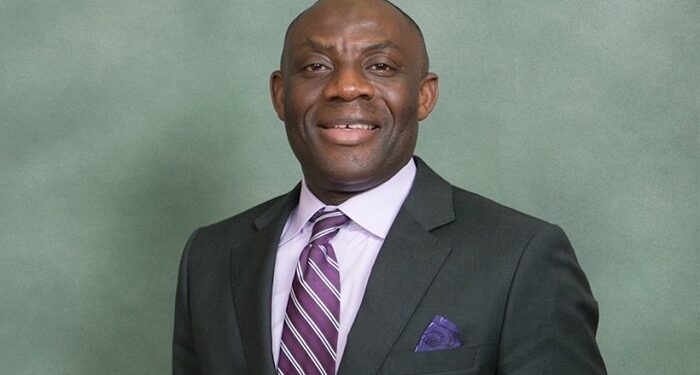Nigerian government has inaugurated the Nigeria End Malaria Council (NEMC), appointing prominent business leaders Aliko Dangote, Femi Otedola, and Tony Elumelu to lead the national initiative aimed at eradicating malaria in Nigeria.
Dr. Tunji Alausa, Minister of State for Health and Social Welfare, during the inauguration ceremony of Nigeria End Malaria Council (NEMC) in Abuja, highlighted the urgency of the initiative to eradicating malaria, a persistent health challenge in the country.
“Malaria continues to pose a severe challenge in Nigeria, and donor support alone has proven inadequate.’’ He said.
Backstory
According to a WHO report, malaria remains a critical public health issue in Nigeria, with an estimated 68 million cases and 194,000 deaths reported in 2021.
Nigeria bears the highest burden of malaria globally, accounting for nearly 27% of the world’s cases.
This alarming statistic underscores the urgent need for effective intervention and eradication efforts.
Challenges with current efforts
Speaking on the limitations of current interventions, the minister disclosed that despite the provision of antimalarial medicines and preventive measures like treated nets, these efforts have not sufficiently addressed the scale of the problem. “Nigeria accounts for over a quarter of the world’s malaria cases and approximately a third of malaria-related deaths globally,” Dr. Alausa said.
Malaria remains a leading cause of childhood mortality and is responsible for a substantial number of hospital visits. He noted that no country has ever successfully eliminated malaria through donor support alone, leading to the creation of the African Leaders Malaria Alliance (ALMA) in 2009 and the Malaria Scorecard in 2011 to monitor and advocate for malaria control efforts.
The disease also significantly contributes to absenteeism in schools and workplaces, placing a considerable financial burden on families.
Council Members
Aliko Dangote, Chairman of the Dangote Group, was appointed to head the initiative. He has previously served as Nigeria’s Malaria Ambassador and is a member of the Global End Malaria Council.
Dangote emphasized the need for a united effort across various sectors to drive the initiative forward. “It gives me great pleasure to lead this council and to work alongside other distinguished members to tackle malaria head-on,” he stated.
Joining Dangote in leading the initiative are Femi Otedola, Chairman of FBN Holdings Plc and Geregu Power Plc, and Tony Elumelu, Chairman of UBA Group and founder of Heirs Holdings.
Otedola highlighted the critical role of coordinated efforts, saying, “Our combined efforts are essential in ensuring that malaria remains a high priority and that we secure the necessary funding for this critical cause.”
Elumelu echoed this sentiment, stressing the importance of maintaining focus on malaria eradication. “We must stay committed to our goal of eliminating malaria and ensure that our progress is sustained,” he added.
Other council members include
- Mr. Ope Abegunde, Council’s Executive Secretary
- John Cardinal Onaiyekan
- Representatives from the Nigerian Governors’ Forum
- Members of the National Assembly’s joint Health Committees
- Representatives from various women’s organizations
What you should know
The Nigeria End Malaria Council, established in 2017 and officially inaugurated by former President Muhammadu Buhari in August 2022,
The council is a public-private partnership established in 2022 to eliminate malaria in Nigeria by 2030, with a major focus on mobilizing additional resources from both public and private sectors to fill the gaps in the national malaria strategic plan.
The Federal Government’s recently unvailed initiatives, on malaria elimination by the adoption of a multi-sectoral approach to reduce the malaria burden and improve health outcomes across the nation.
A study by Oxford Economics Africa suggests that Nigeria could experience a $34 billion economic boost if the World Health Organization (WHO) achieves its malaria reduction targets. This economic gain, attributed to increased productivity and reduced health-related costs, would not only improve public health but also contribute significantly to Nigeria’s GDP and export growth.













